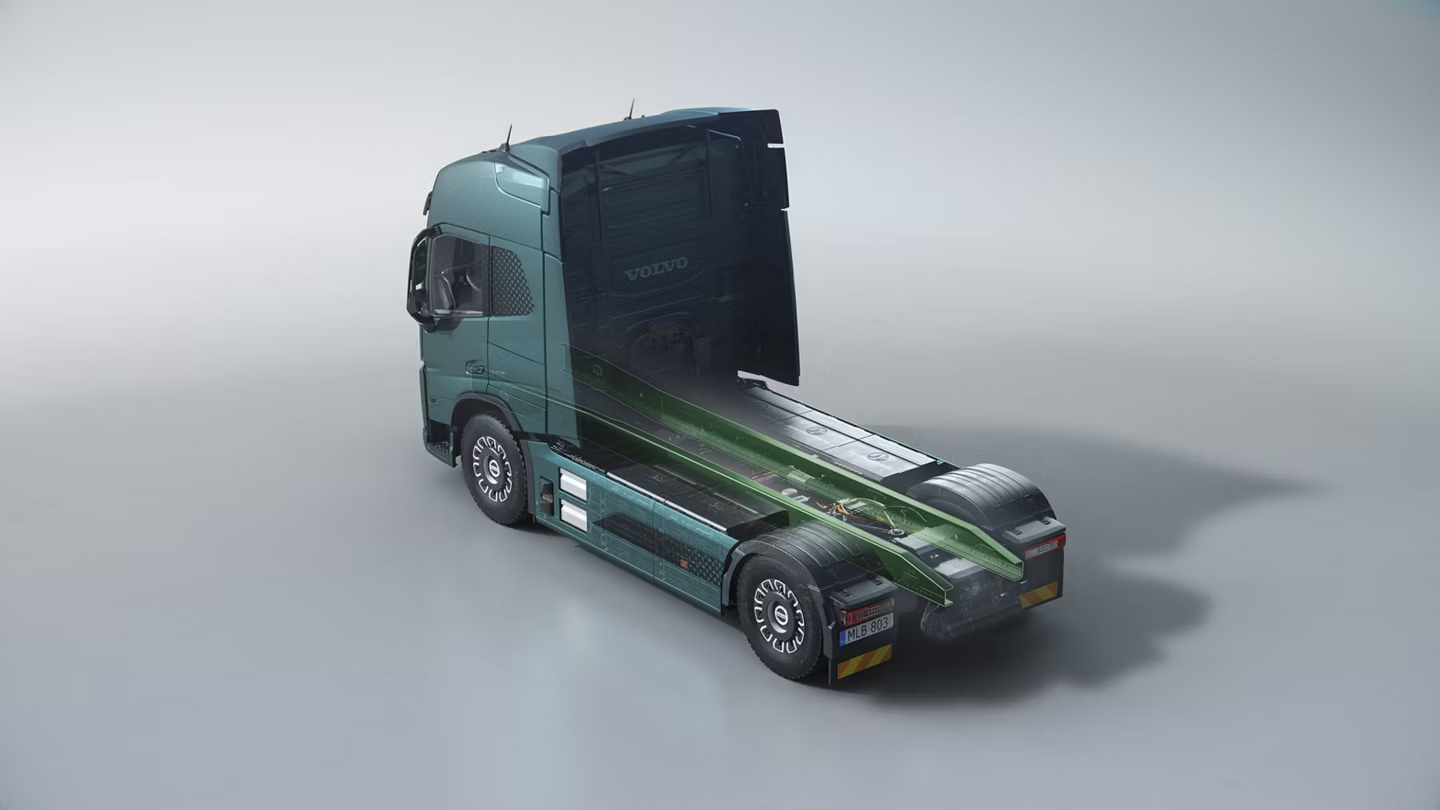
The founder of hydrogen fuel cell truck start up Nikola, Trevor Milton has been arrested and charged with securities fraud and fronted a court in New York on Thursday this week (US time).
The charges allege that Milton made a series of materially false claims which portrayed the electric vehicle company Nikola as far closer to releasing a functional product than it actually was, and raising more than $500 million of investment in the process.
“Milton sold a version of Nikola not as it was – an early stage company with a novel idea to commercialise yet-to-be proven products and technology – but rather as a trail-blazing company that had already achieved many ground breaking and game-changing milestones,” the indictment alleges.
Specifically, the indictment argues Milton had used a staged video to create the false impression the Nikola One prime mover prototype was capable of moving under its own power, when in fact the vehicle was simply rolling downhill.
Additionally, Milton falsely claimed the company was producing its own hydrogen fuels at below-market rates and had obtained “billions and billions and billions and billions” of dollars worth of committed truck orders, according to the indictment.
A nominal rival to Tesla, Nikola rose to prominence in 2020 with plans for a pick-up truck and prime mover cab powered by hydrogen fuel cells. Excitement around the trucks peaked in September 2020, when General Motors announced a $US2 billion deal to acquire an equity stake in the company and assist in the release of its Badger pickup truck.
The excitement was short-lived: less than a week after the plans were announced,a report from short selling firm Hindenburg Research accused the company of fraud.
Based on conversations with an anonymous former employee, the report alleged that a much-publicised demonstration had been stage-managed to give the impression that Nikola’s truck was capable of moving under its own power. Instead, the report claimed,
“Nikola had the truck towed to the top of a hill on a remote stretch of road and simply filmed it rolling down the hill.”
The indictment echoes this claim saying: “A few weeks before the event, Nikola’s chief engineer informed Milton that the truck would not be functioning at the unveiling event unless the event was postponed,” prosecutors allege. “Milton made the decision to proceed as scheduled with the knowledge that the vehicle to be unveiled would not be functioning.”
The indictment confirms that the truck’s movement was the result of rolling from the top of a hill, and claims the “towing-and-rolling process” was repeated three times to generate footage for the company’s commercial. Some footage was also sped up in editing, which “had the effect of making the Nikola One appear to move faster.”
The final version of the video was posted to Nikola’s official YouTube, Facebook, and Twitter accounts with the caption, “Behold, the Nikola One in motion.”
The indictment also gives more detail on precisely how non-functional the vehicle was. Prosecutors say all electrical components in the truck were powered externally (rather than from the truck’s battery), neither the fuel cell nor hydrogen gas storage tanks had been installed, the air compressor and turbine had not been commissioned, the gearboxes had not been assembled, and the vehicle-level controls were not complete.
The dashboard interface that Milton appeared to use to start the truck was an off-the-shelf tablet and was not integrated into the vehicle’s systems in any way, the filing also alleges.
Hindenberg claimed in the report that the Securities and Exchange Commission was investigating Nikola, although the SEC declined to confirm the investigation at the time.
Fallout from the report was swift and devastating. GM backed out of the equity deal, and Milton stepped down as executive chairman shortly afterward. The company has continued operation but scaled down its ambitions significantly.
In February, Nikola halted work on its planned electric ATV and speedboat, a decision that cost the company $14 million according to regulatory filings.




